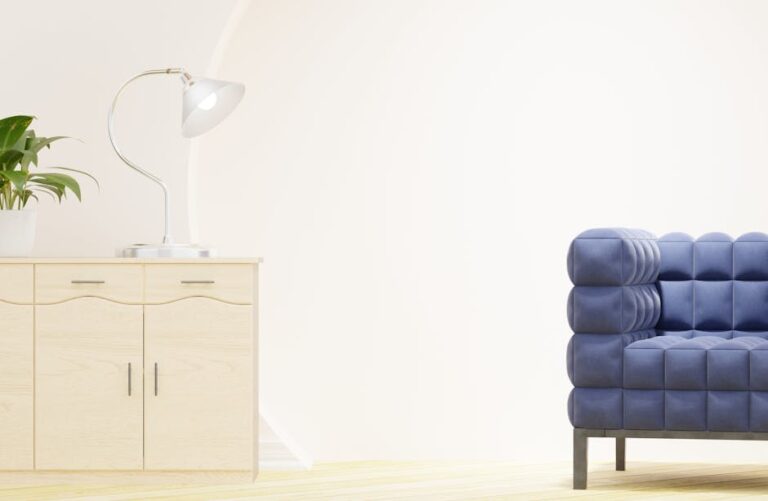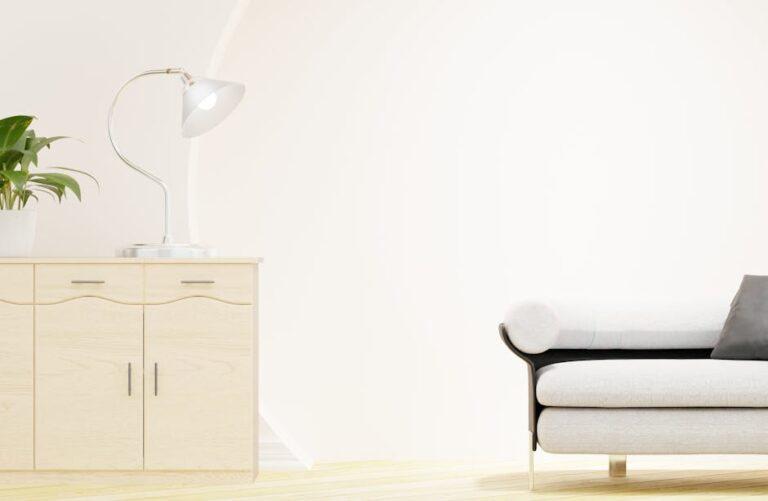
The Psychology of Enough: Shifting from Scarcity to Abundance
Our ingrained human tendency leans towards accumulation. From childhood toys to adult aspirations, we’re often conditioned to equate more with better. However, this relentless pursuit can paradoxically lead to unhappiness, a feeling of never having enough, and a constant state of anxiety. Shifting this mindset requires a conscious effort to understand the psychology of “enough” and redefine our relationship with material possessions.
One key concept is hedonic adaptation, also known as the hedonic treadmill. This psychological theory suggests that humans rapidly return to a relatively stable level of happiness despite major positive or negative events or life changes. Winning the lottery, getting a promotion, or buying a new car might provide an initial surge of joy, but this feeling eventually fades as we adapt to the new circumstances. This adaptation often fuels the desire for even more, perpetuating the cycle of consumerism and fleeting happiness.
Combating the hedonic treadmill involves cultivating gratitude. Actively appreciating what we already have – our health, relationships, talents, and experiences – helps us resist the urge to constantly seek external validation through material possessions. Practicing mindfulness and focusing on the present moment can also anchor us in contentment, preventing us from getting caught up in future desires.
Furthermore, recognizing the marketing strategies that exploit our inherent biases is crucial. Advertisements often create artificial needs and tap into our insecurities, convincing us that we need a particular product to be happy, successful, or accepted. Becoming aware of these tactics allows us to make more conscious and informed purchasing decisions, rather than being driven by impulsive desires.
Decluttering Your Physical Space, Decluttering Your Mind
Clutter, whether physical or digital, can significantly contribute to stress and anxiety. Our brains are wired to process visual information efficiently, and a cluttered environment overloads our cognitive resources. This can lead to decreased focus, increased irritability, and a general feeling of overwhelm.
Decluttering, therefore, is not merely about tidying up; it’s about creating a more peaceful and efficient living space that supports our mental well-being. The KonMari method, popularized by Marie Kondo, offers a structured approach to decluttering by asking whether each item “sparks joy.” If it doesn’t, it’s time to let it go.
However, the process of decluttering can be emotionally challenging. We often attach sentimental value to possessions, even if they no longer serve a practical purpose. Overcoming this attachment requires honest self-reflection and a willingness to let go of the past. Consider taking photos of items with sentimental value before donating or discarding them. This allows you to preserve the memories without holding onto the physical object.
Beyond physical possessions, decluttering also extends to our digital lives. Unsubscribe from unnecessary email lists, delete unused apps, and organize your digital files. A clean and organized digital environment can significantly reduce stress and improve productivity.
The Freedom of Financial Minimalism: Prioritizing Experiences Over Possessions
Financial minimalism involves consciously choosing to spend less money on material possessions and more on experiences and things that truly matter. This approach offers numerous benefits, including reduced debt, increased financial security, and more time and energy for pursuing passions and building meaningful relationships.
Instead of buying the latest gadgets or fashion trends, consider investing in experiences such as travel, concerts, or workshops. Experiences create lasting memories and contribute to personal growth, whereas material possessions often provide only fleeting satisfaction.
Budgeting is a crucial tool for financial minimalism. Track your expenses, identify areas where you can cut back, and set financial goals. Automating savings and investment contributions can help you build wealth without requiring constant effort.
Moreover, consider the environmental impact of your consumption habits. Fast fashion, for example, contributes significantly to pollution and waste. Choosing sustainable and ethically sourced products reduces your environmental footprint and aligns your spending with your values.
Cultivating Meaningful Connections: The Antidote to Loneliness and Materialism
In a society that often prioritizes individual success and material accumulation, it’s easy to become isolated and disconnected from others. Loneliness, in turn, can fuel the desire for material possessions as a way to fill the void and compensate for the lack of meaningful connections.
However, research consistently shows that strong social connections are essential for happiness and well-being. Cultivating meaningful relationships with family, friends, and community members provides a sense of belonging, support, and purpose.
Instead of spending money on material possessions, invest in quality time with loved ones. Plan activities that foster connection, such as hiking, cooking together, or simply having meaningful conversations.
Volunteering and engaging in community service can also provide a sense of purpose and connection. Helping others shifts the focus away from our own needs and desires, fostering empathy and gratitude.
Mindful Consumption: A Conscious Approach to Shopping and Spending
Mindful consumption involves being aware of our motivations for buying things and making conscious choices that align with our values and goals. It’s about questioning whether we truly need something before purchasing it and considering the long-term consequences of our spending habits.
Before making a purchase, ask yourself:
- Why do I want this?
- Is it a need or a want?
- What is the environmental impact of this product?
- Can I borrow it, rent it, or buy it used?
- Will this purchase truly make me happier in the long run?
Practicing mindful consumption also involves avoiding impulse purchases and resisting the pressure of advertising. Create a shopping list before going to the store and stick to it. Unsubscribe from unnecessary email lists and avoid browsing online stores when you’re feeling bored or stressed.
Embracing Imperfection and Simplicity: Finding Beauty in the Everyday
Our society often promotes a culture of perfectionism, leading us to believe that we need to constantly strive for more – more possessions, more achievements, more recognition. However, this relentless pursuit can lead to anxiety, stress, and a feeling of never being good enough.
Embracing imperfection involves accepting ourselves as we are, flaws and all. It’s about letting go of the need to control everything and finding beauty in the unexpected.
Simplicity, in turn, involves simplifying our lives by eliminating unnecessary commitments, possessions, and distractions. It’s about focusing on what truly matters and creating space for peace, joy, and connection.
Finding beauty in the everyday can be as simple as taking a walk in nature, listening to music, or spending time with loved ones. These small moments of joy can significantly enhance our overall well-being and remind us that happiness doesn’t come from material possessions but from appreciating the simple things in life.
Ultimately, living with less and feeling happier is a journey of self-discovery and conscious decision-making. It’s about redefining our relationship with material possessions, prioritizing experiences over things, and cultivating meaningful connections with others. By embracing simplicity, practicing gratitude, and living mindfully, we can unlock a deeper sense of contentment and fulfillment.
